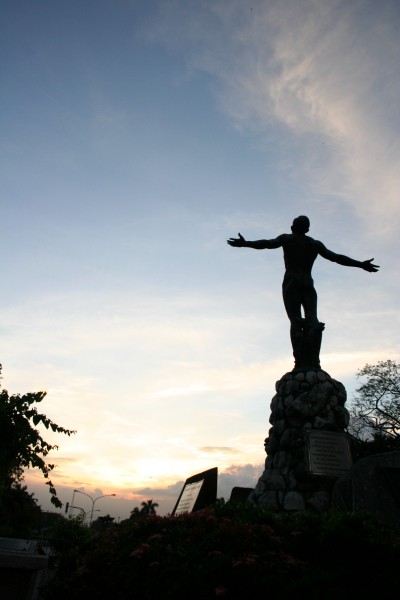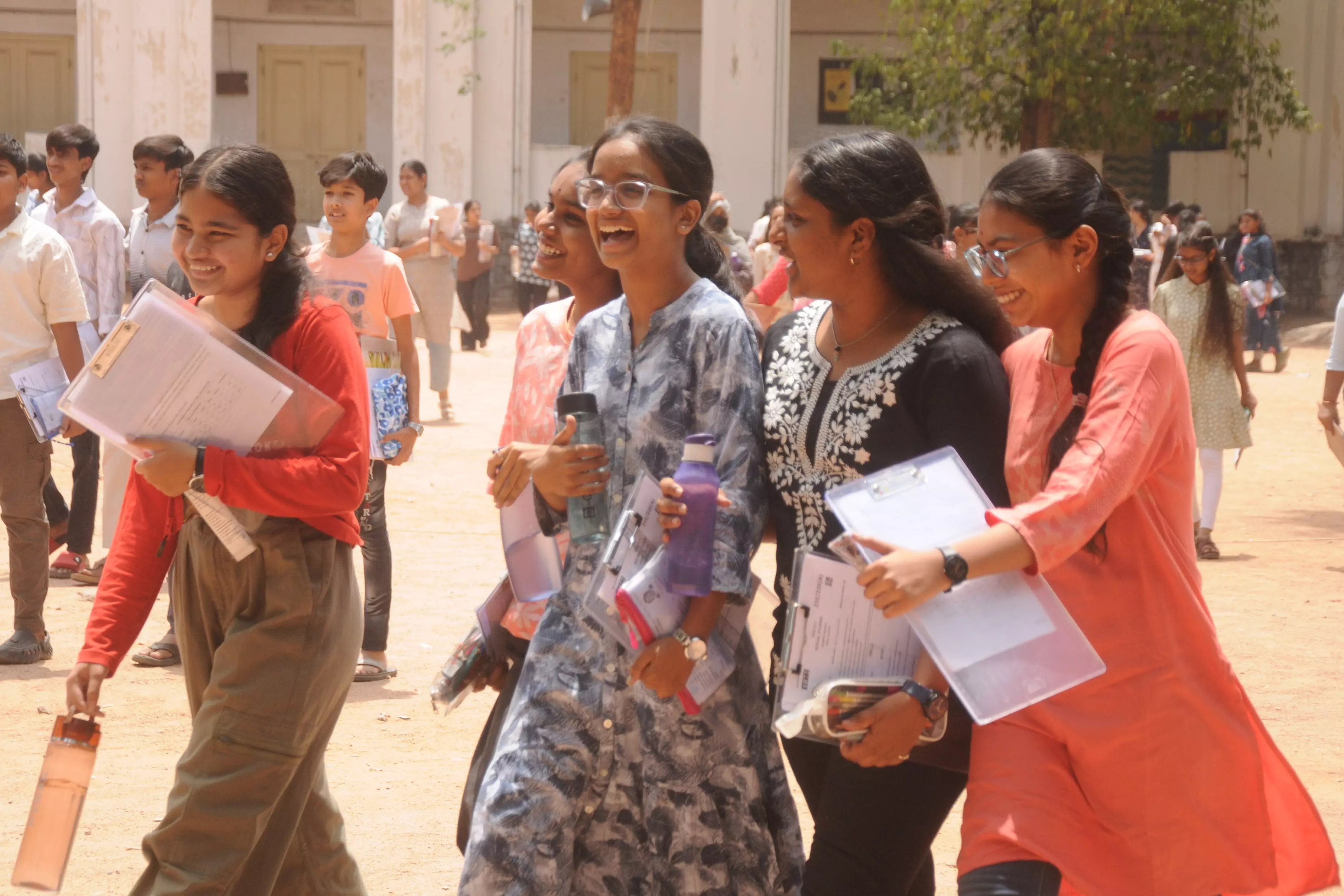• Justice Rizvi says entire scenario changes if evidence wrongly recorded during trials• Justice Mandokhail raises concerns about in-camera nature of military trials• Govt counsel says convicts can approach high courts to challenge any mala fide• Refuses to share details about where military courts operateISLAMABAD: Justice Syed Hasan Azhar Rizvi of the Supreme Court’s constitutional bench on Thursday questioned how inadvertent errors made during military court trials could be identified or rectified on appeal, if the accused were not provided certified copies of the recorded evidence or the judgement.“The entire scenario changes if evidence is wrongly recorded during the trials,” observed Justice Rizvi, adding that an appellate court would struggle to assess whether a mistake had occurred or whether the evidence had been fully and accurately documented.Justice Rizvi is part of a seven-member constitutional bench, headed by Justice Aminuddin Khan, which is hearing 38 intra-court appeals filed by the federal and provincial governments, the Shuhada Forum Balochistan and others, challenging the Supreme Court’s Oct 23, 2023, judgement.
He pointed out that individuals facing court martial had not been provided with certified copies of testimonies or the court’s verdicts.During the hearing, the bench sought clarity on the provision of the right to appeal for those convicted by military courts for their alleged involvement in the May 9 violent protests.In response, Additional Attorney General (AAG) Chaudhry Aamir Rehman informed the court that Attorney General for Pakistan (AGP) Mansoor Usman Awan was still busy deliberating with stakeholders, which might take another couple of days.

At this, Justice Jamal Khan Mandokhail expressed displeasure over the delay, questioning why such a straightforward issue was not being promptly addressed. Justice Musarrat Hilali also remarked that the AGP only needed to seek instructions and inform the bench of the government’s stance on the right to appeal. {try{this.
style.height=this.contentWindow.
document.body.scrollHeight+'px';}catch{}}, 100)" width="100%" frameborder="0" scrolling="no" style="height:250px;position:relative" src="https://www.
dawn.com/news/card/1753472" sandbox="allow-same-origin allow-scripts allow-popups allow-modals allow-forms"> The AAG, however, denied any deliberate delay, saying that given the 50-year jurisprudence surrounding military trials, the matter required careful deliberation. He added that the AGP would not present arguments before the bench and would instead adopt the submissions already made by Khawaja Haris, the counsel for the Ministry of Defence.
However, Justice Muhammad Ali Mazhar reminded that the issue regarding the right of appeal was also mentioned in the Oct 23 judgement and therefore it was not something new that had been asked by the court.Justice Mandokhail observed that when the court martial proceeds in-camera where the media was not present or no live streaming was possible, then how the accused could claim before the Supreme Court or any other appellate forum in appeal that whatever he stated had been recorded faithfully in the evidence.He explained that his concern was not limited to the May 9 trials but extended to broader implications for justice.
“How can a convict prove that the evidence against him was recorded incorrectly?” he asked.At this, Justice Muhammad Ali Mazhar also supported the observations by the bench, stressing that errors or defects did happen during the trials even by the civilian courts which got rectified in appeals before the appellate courts.‘Hypothetical observations’However, Khawaja Haris described the judges’ observations as hypothetical, highlighting that 105 accused were tried by the military courts for their involvement in the May 9 acts of arson but not a single accused had ever raised the allegations of bias, lack of fair trial or that he was not provided with a counsel to defend himself during the trial.
The counsel emphasised that the proceedings in military courts were recorded in writing in accordance with rules where every objection regarding the procedure of the military court was recorded in writing.He added that an accused can approach the high court to challenge procedural mala fide, as upheld in the 2017 Said Zaman Khan case.Justice Mandokhail observed that errors were made by the sessions judge with years of experience during the fair trials, which got rectified by the superior courts in routine cases, though no bias was ever attributed to them against the defendants.
Even the Supreme Court has converted death sentences into life terms, he observed.Mr Haris replied that the Pakistan Army Act (PAA) had an in-built mechanism to safeguard the interest of the accused during trials, adding that it would be a rare case to point out mala fide done deliberately against the accused.Justice Hilali wondered in which building and where the military courts conduct their proceedings.
The counsel replied that the information could not be divulged to the public.When the bench asked when arguments would conclude, Mr Haris clarified that he was not offering a rebuttal but was responding to points raised by respondents — points which, he argued, had not been mentioned in their original petitions or in the October judgement.Published in Dawn, April 18th, 2025.
No way to rectify errors if military trial records withheld: SC

• Justice Rizvi says entire scenario changes if evidence wrongly recorded during trials• Justice Mandokhail raises concerns about in-camera nature of military trials• Govt counsel says convicts can approach high courts to challenge any mala fide• Refuses to share details about where military courts operateISLAMABAD: Justice Syed Hasan Azhar Rizvi of the Supreme Court’s constitutional bench on Thursday questioned how inadvertent errors made during military court trials could be identified or rectified on appeal, if the accused were not provided certified copies of the recorded evidence or the judgement.“The entire scenario changes if evidence is wrongly recorded during the trials,” observed Justice Rizvi, adding that an appellate court would struggle to assess whether a mistake had occurred or whether the evidence had been fully and accurately documented.Justice Rizvi is part of a seven-member constitutional bench, headed by Justice Aminuddin Khan, which is hearing 38 intra-court appeals filed by the federal and provincial governments, the Shuhada Forum Balochistan and others, challenging the Supreme Court’s Oct 23, 2023, judgement.He pointed out that individuals facing court martial had not been provided with certified copies of testimonies or the court’s verdicts.During the hearing, the bench sought clarity on the provision of the right to appeal for those convicted by military courts for their alleged involvement in the May 9 violent protests.In response, Additional Attorney General (AAG) Chaudhry Aamir Rehman informed the court that Attorney General for Pakistan (AGP) Mansoor Usman Awan was still busy deliberating with stakeholders, which might take another couple of days.At this, Justice Jamal Khan Mandokhail expressed displeasure over the delay, questioning why such a straightforward issue was not being promptly addressed. Justice Musarrat Hilali also remarked that the AGP only needed to seek instructions and inform the bench of the government’s stance on the right to appeal. {try{this.style.height=this.contentWindow.document.body.scrollHeight+'px';}catch{}}, 100)" width="100%" frameborder="0" scrolling="no" style="height:250px;position:relative" src="https://www.dawn.com/news/card/1753472" sandbox="allow-same-origin allow-scripts allow-popups allow-modals allow-forms"> The AAG, however, denied any deliberate delay, saying that given the 50-year jurisprudence surrounding military trials, the matter required careful deliberation. He added that the AGP would not present arguments before the bench and would instead adopt the submissions already made by Khawaja Haris, the counsel for the Ministry of Defence.However, Justice Muhammad Ali Mazhar reminded that the issue regarding the right of appeal was also mentioned in the Oct 23 judgement and therefore it was not something new that had been asked by the court.Justice Mandokhail observed that when the court martial proceeds in-camera where the media was not present or no live streaming was possible, then how the accused could claim before the Supreme Court or any other appellate forum in appeal that whatever he stated had been recorded faithfully in the evidence.He explained that his concern was not limited to the May 9 trials but extended to broader implications for justice. “How can a convict prove that the evidence against him was recorded incorrectly?” he asked.At this, Justice Muhammad Ali Mazhar also supported the observations by the bench, stressing that errors or defects did happen during the trials even by the civilian courts which got rectified in appeals before the appellate courts.‘Hypothetical observations’However, Khawaja Haris described the judges’ observations as hypothetical, highlighting that 105 accused were tried by the military courts for their involvement in the May 9 acts of arson but not a single accused had ever raised the allegations of bias, lack of fair trial or that he was not provided with a counsel to defend himself during the trial.The counsel emphasised that the proceedings in military courts were recorded in writing in accordance with rules where every objection regarding the procedure of the military court was recorded in writing.He added that an accused can approach the high court to challenge procedural mala fide, as upheld in the 2017 Said Zaman Khan case.Justice Mandokhail observed that errors were made by the sessions judge with years of experience during the fair trials, which got rectified by the superior courts in routine cases, though no bias was ever attributed to them against the defendants. Even the Supreme Court has converted death sentences into life terms, he observed.Mr Haris replied that the Pakistan Army Act (PAA) had an in-built mechanism to safeguard the interest of the accused during trials, adding that it would be a rare case to point out mala fide done deliberately against the accused.Justice Hilali wondered in which building and where the military courts conduct their proceedings. The counsel replied that the information could not be divulged to the public.When the bench asked when arguments would conclude, Mr Haris clarified that he was not offering a rebuttal but was responding to points raised by respondents — points which, he argued, had not been mentioned in their original petitions or in the October judgement.Published in Dawn, April 18th, 2025











